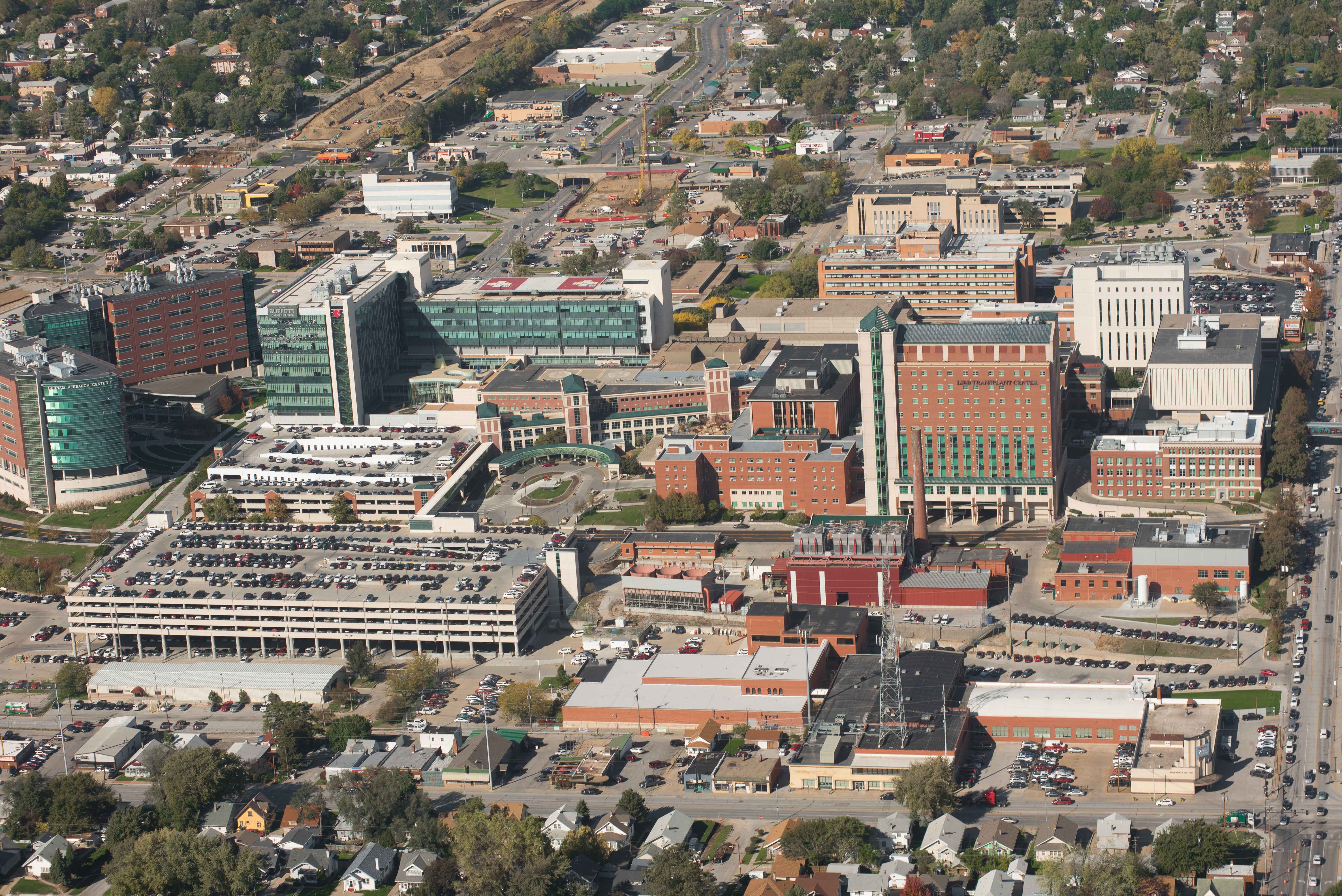Campus Sustainability Month roundtable recap

For Campus Sustainability Month, UNMC collaborated with other higher education institutions to host a virtual roundtable. The event showcased a few remarkable locals with different areas of expertise, each with helpful takeaways for attendees.
Leigh Neary, owner of Exist Green in Dundee, started off by emphasizing the importance of recognizing our relationship with objects and considering their overall journey. Exist Green is a zero-waste market and eco-boutique with a central focus on building lives around plastic-free reusables and using sustainable consumables with life-cycles consumers can fully understand.
Neary revised the adage of reduce, reuse, recycle by changing it to refuse, reuse, rot and recycle. Acknowledging the traditional practice of extraction, production, distribution, consumption and disposal allows us to pivot by opting to repair, buy secondhand, compost and recycle.
Jason Rose, communications and community relations manager at Metro transit, provided insight on the future of public transit in Omaha and highlighted the direct connection between public transit and sustainability. One of the staggering yet motivating statistics that Rose provided: “U.S. public transportation saves 37 million metric tons of carbon dioxide annually.” Metro is aiding the call for change by rethinking and diversifying fuel sources and purchasing a fleet of electric buses.
Jesse Bell, PhD, Claire M. Hubbard Professor at UNMC, gave a thorough assessment of climate change and its ongoing effects, such as extreme weather events. Dr. Bell provided helpful local and social context and highlighted the unfortunate reality that climate impacts vary by socioeconomic background.
He also shared information about the efforts undertaken by students at UNMC to push the university toward greater accountability and to incorporate climate change education into curriculum. Check out the Healthy Earth Alliance (HEAL) for additional related efforts.
Dawaune Lamont Hayes, journalist, graphic designer and founder of Noise Omaha, wrapped up the evening by discussing how art plays a significant role in climate resiliency and advocacy for the built environment. Art and information go hand-in-hand as images capture and reflect who we are and our lasting influences. Hayes also stressed that expressive vocabulary is equally essential to humanizing goals and communicating efforts. Additional information on Dawaune’s projects can be found at Dawaune.one – life is creative.
Those who missed the event can watch the recording here.
